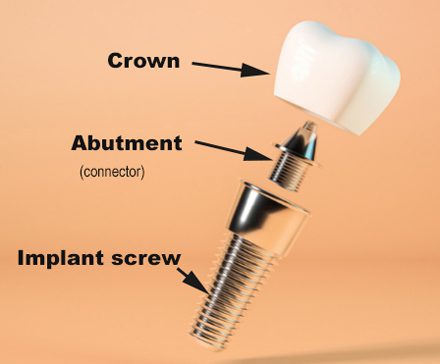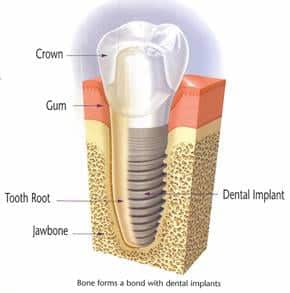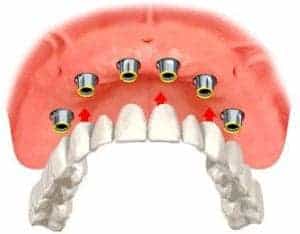I had a root canal on an upper right first molar in 2020. I’ve had no problems with it until this year. Now the tooth hurts daily. My dentist wants to repeat the root canal. I would rather have a dental implant than another root canal. The root canal wasn’t painful, but my recovery was. Finally, the tooth settled down. How can I convince my dentist to refer me to a perio for an implant? Thanks. Trevor from TN
Trevor,
Your discomfort suggests the tooth didn’t fully heal after the initial procedure, leading to a recurrence or flare-up of the underlying infection.
Understanding Why Root Canal Treatment Might Need Revisiting
Root canal therapy is a meticulous process to clear infection from the intricate network within a tooth’s root. However, achieving complete, long-term success can sometimes be challenging due to the complex anatomy of teeth. If any infected nerve tissue (pulp) remains in hidden canals during the first procedure, complications can arise later.
According to dental research, including findings published in the Journal of the American Dental Association, several factors can contribute to the need for further treatment after an initial root canal. These challenges highlight the technical complexities involved in treating the inner structures of a tooth:
- Incomplete cleaning or shaping of the canal system, leaving infected tissue behind.
- Difficult-to-detect accessory or curved canals can make infection removal challenging.
- Issues with the final filling material include under-filling or over-filling the canals.
- Accidental perforations (small holes) in the root structure can cause complications.
- In rare instances, a tiny dental instrument’s separation (breaking) within the canal.
While root canal treatment is highly successful overall, failure does occur in approximately 10% of cases. If the tooth doesn’t heal completely, an infection might remain dormant for months or years before becoming noticeable. Lingering infection occurs when dentists encounter canals that are difficult to see or navigate fully, especially deep within the root or with significant curves. Addressing these challenging cases may require advanced training and specialized instruments used by endodontists (root canal specialists) or dentists pursuing extensive post-graduate training in endodontics.
Treatment Options for Root Canal Failure

Schedule a consultation with a periodontist for dental implant placement
Effective options are available when a previous root canal treatment hasn’t fully resolved the issue. The standard approaches are repeating the root canal treatment (retreatment) or performing minor root canal surgery (an apicoectomy). If your current dentist doesn’t have specialized training in complex root canal procedures, they will refer you to an endodontist for evaluation and care.
During retreatment, the endodontist will:
- Carefully re-access the inside of the tooth.
- Work to identify and locate the source of the persistent infection.
- Thoroughly clean and disinfect the root canal system again.
- Refill and seal the canals properly.
Alternatively, during an apicoectomy, the specialist accesses the tip of the tooth’s root directly through the gum tissue and bone, allowing them to treat the infection from the end of the root rather than through the crown.
We encourage you to schedule an appointment promptly for an evaluation. After a thorough examination and review of X-rays, an endodontist or a dentist skilled in advanced root canal therapy can assess whether your tooth is savable. Your dentist’s priority is to preserve your natural teeth if possible. Otherwise, your dentist may refer you to a periodontist for a dental implant.
Atlanta periodontist Dr. David Pumphrey sponsors this post.










